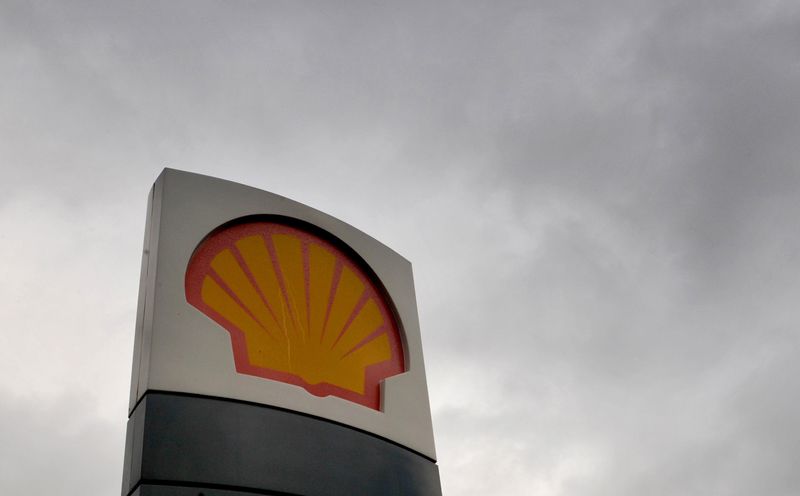By Ron Bousso
LONDON (Reuters) -Shell is set to conclude nearly a century of operations in Nigerian onshore oil and gas after agreeing to sell its subsidiary there to a consortium of five mostly local companies for up to $2.4 billion.
The British energy giant pioneered Nigeria's oil and gas business beginning in the 1930s. It has struggled for years with hundreds of onshore oil spills as a result of theft, sabotage and operational issues that led to costly repairs and high-profile lawsuits.
Since 2021, Shell (LON:RDSa) has sought to sell its Nigerian oil and gas business, but will remain active in Nigeria's more lucrative and less problematic offshore sector.
Shell's exit is part of a broader retreat by western energy companies from Nigeria as they focus on newer, more profitable operations. Exxon Mobil (NYSE:XOM), Italy's Eni and Norway's Equinor have struck deals to sell assets in the country in recent years.
The British major will sell The Shell Petroleum Development Company of Nigeria Limited (SPDC) for a consideration of $1.3 billion, it said in a statement, while the buyers will make an additional payment of up to $1.1 billion relating to prior receivables at completion.
"This agreement marks an important milestone for Shell in Nigeria, aligning with our previously announced intent to exit onshore oil production in the Niger Delta, simplifying our portfolio and focusing future disciplined investment in Nigeria on our Deepwater and Integrated Gas positions," Shell head of upstream Zoë Yujnovich said.
The buyer, the Renaissance consortium comprises ND Western, Aradel Energy, First E&P, Waltersmith, all local oil exploration and production companies, and Petrolin, a Swiss-based trading and investment company.
The sale, which Renaissance confirmed, requires the approval of the Nigerian government.
SPILLS AND LAWSUITS
Renaissance will take over the responsibility for dealing with spills, theft and sabotage, said Shell, which has faced in recent years multiple lawsuits for compensation over damage caused as a result of spills in the Niger delta.
Nnimmo Bassey, Executive Director of Nigerian advocacy group Health of Mother Earth Foundation said: "Shell must own up to its responsibility."
"This means full payment for the remediation and restoration of the polluted areas as well as reparations to the host communities. They cannot walk away from the virtually irreparable harm they have caused," Bassey said in a statement.
Shell's SPDC Limited operates and has a 30% stake in the SPDC joint venture that holds 18 onshore and shallow water mining leases. Shell's resources in SPDC reached around 458 million barrels of oil equivalent by the end of 2022.
Other partners in the joint venture are the state's Nigerian National Petroleum Corporation (NNPC), which holds 55%, TotalEnergies (LON:TTEF), with 10% and Italy's Eni with 5%.
Apart from its operations and stakes in several fields deep offshore, Shell still has a liquefied natural gas plant and other assets in Nigeria.
SPDC, which remains the operator, was formed in 1979, incorporating assets of the older Shell-BP consortium, with its current partners entering at later stages.
